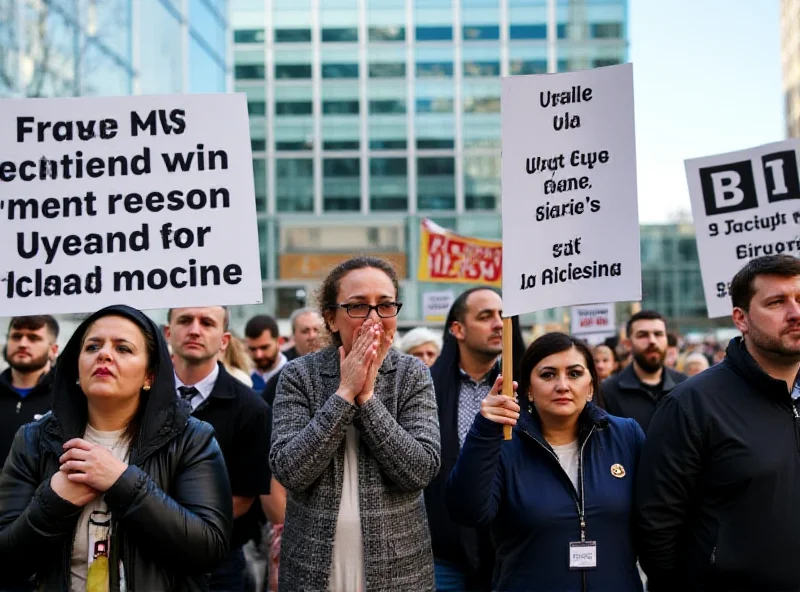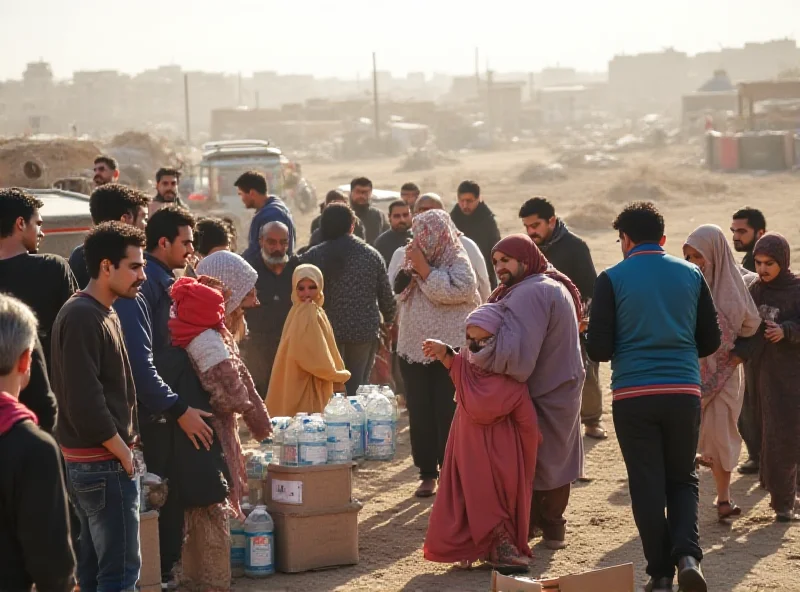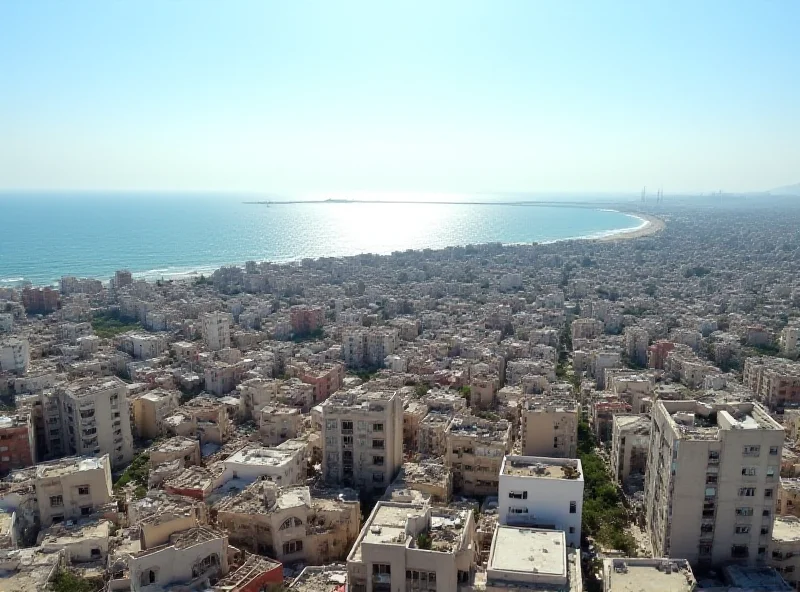The situation in Gaza remains a complex and multifaceted issue, drawing international attention for various reasons. Recent developments encompass controversies surrounding media coverage, concerns over rising anti-Semitism, and challenges in delivering vital humanitarian aid.
BBC's Documentary Controversy
The British Broadcasting Corporation (BBC) has faced significant criticism following its decision to remove the documentary 'Gaza: How to Survive a War Zone' from its platforms. The film, pulled just four days after its release on February 21st, sparked outrage among media professionals and the British film industry. The reasons for the removal remain a point of contention, with some speculating about external pressures or internal editorial concerns.

The controversy surrounding the documentary adds to the ongoing debate about media objectivity and the challenges of reporting on conflict zones. "Transparency and accountability are crucial in maintaining public trust," stated a prominent media analyst, emphasizing the need for clear explanations when content is removed from public access.
Rising Concerns of Anti-Semitism and Anti-Zionism
Beyond media scrutiny, the discourse surrounding Gaza has also ignited concerns about rising anti-Semitism. Critics argue that certain forms of anti-Zionism, particularly those that demonize Zionism as a criminal ideology, contribute to the justification of anti-Semitic sentiments and actions. Some analysts claim that this rhetoric not only fuels hatred but also undermines the Palestinian cause by empowering extremists on both sides of the conflict. The complexity of differentiating between legitimate criticism of Israeli policies and anti-Semitic tropes continues to be a major challenge.

Aid Efforts Hampered by Funding Shortfalls
Compounding these issues, humanitarian aid efforts in Gaza are facing significant setbacks due to funding cutbacks. Millions of USAID dollars have reportedly "not arrived," threatening to halt the progress made by aid workers during the fragile Israel-Hamas ceasefire. These cutbacks jeopardize the already precarious situation for Gazans, who rely heavily on international assistance for basic necessities.
The lack of funding is particularly concerning given the already dire humanitarian conditions in Gaza. The limited gains made by aid workers in addressing the ongoing crisis are now at risk, potentially leading to a further deterioration of living conditions for the population.

These intersecting challenges – the BBC documentary controversy, the rise of anti-Semitism concerns, and the funding shortfalls impacting aid efforts – paint a concerning picture of the current situation surrounding Gaza. Addressing these issues requires a multifaceted approach, including promoting responsible media coverage, combating all forms of hate speech, and ensuring the delivery of essential humanitarian assistance.
Meanwhile, Arab leaders at a summit in Cairo have been discussing plans for the future of Gaza, with the Egyptian President proposing a $50 billion initiative aimed at keeping Gazans in their homeland. These discussions suggest a vision for Gaza that excludes both Hamas and Mahmoud Abbas, highlighting the evolving dynamics in the region.

The coming months will be crucial in determining the future of Gaza and addressing the challenges highlighted above. International cooperation and a commitment to peaceful solutions are essential to ensuring a more stable and prosperous future for the region.
